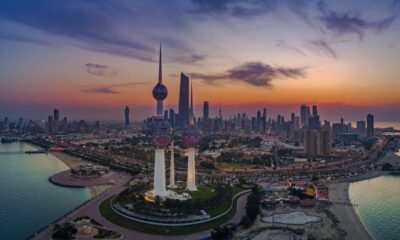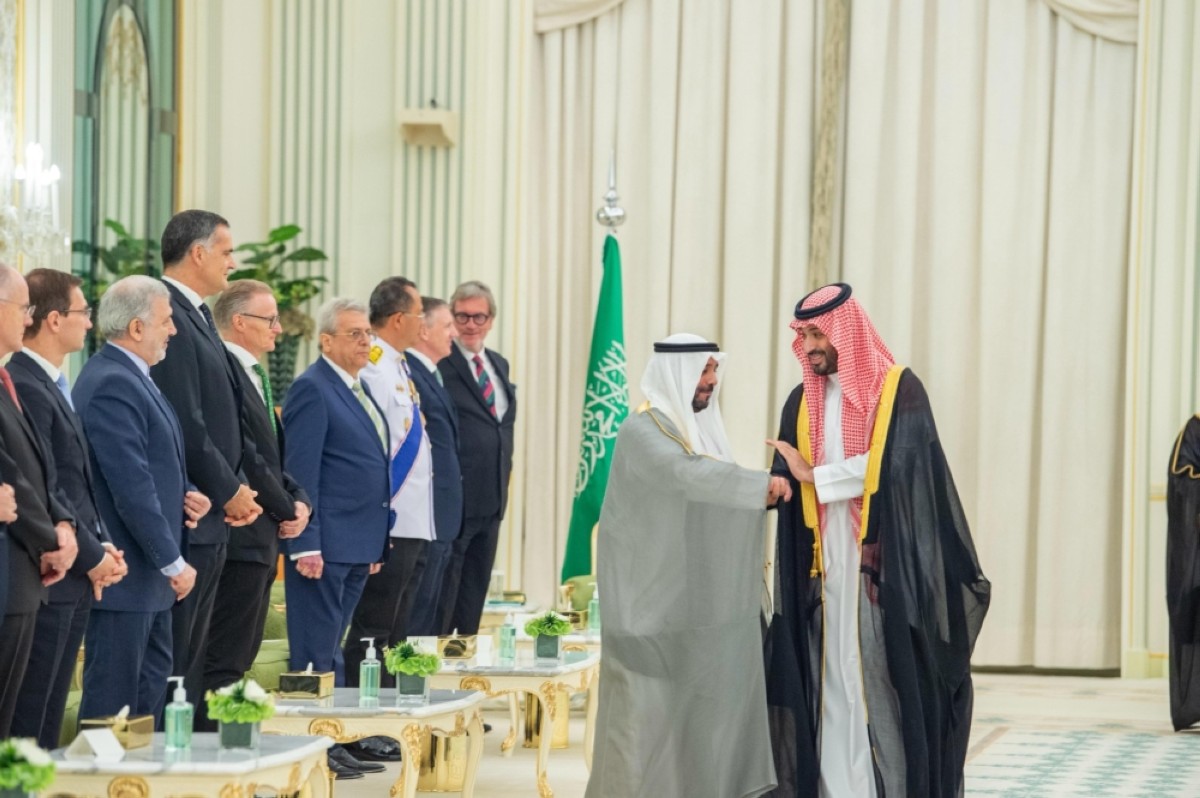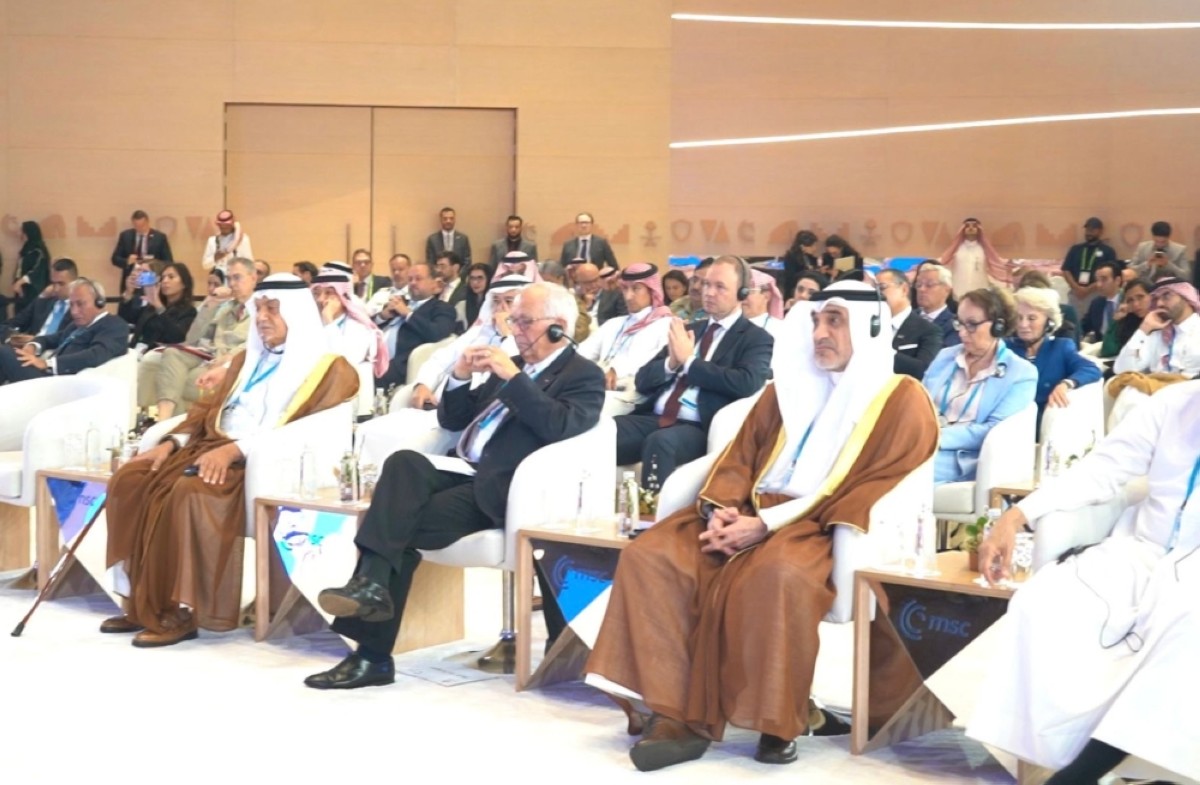KUWAIT: Women across Kuwait marked twenty years since they secured full political rights on Thursday. Speaking at an event held the same day, Minister of Social Affairs Dr Amthal Al-Huwailah recognized the milestone, highlighting the influence of Kuwaiti women across various fields. “Kuwaiti women have proven themselves as vital pillars of national development, achieving success that has placed them at the forefront of progress and contribution,” she said during a forum titled “Strategies to Support Kuwaiti Women in Line with Sustainable Development Goal 5,” held in collaboration with the UN office in Kuwait on Thursday.
Today, Kuwaiti women make up 60 percent of the public sector workforce, 48 percent in the private sector, and 28 percent of leadership roles in state institutions, Al-Huwailah noted. In traditionally male-dominated sectors, they’re also making strides—54 percent of employees at the Kuwait Petroleum Corporation are women, and 41 percent of leadership roles at the Central Bank of Kuwait are held by women.
These gains haven’t gone unnoticed. Kuwait’s global ranking on the Women, Peace, and Security Index has risen to 62nd, and the gender gap has narrowed by ten points. Kuwait also became the first Gulf country to adopt the Women’s Empowerment Principles in 2023, setting a new benchmark for the region.
Laws amendments
But progress isn’t just about numbers. Al-Huwailah pointed to recent key legislative reforms that dismantled systemic injustice, including the recent repeal of Articles 153 and 182 of the Kuwaiti Penal Code. Article 153 had effectively legalized honor killings, allowing men to receive minimal sentences for murdering female relatives under the guise of “protecting family honor.” Article 182 had let kidnappers, rapists included, walk free if they married their victims. The abolition of these laws was a turning point, aligning Kuwait’s legal framework with constitutional guarantees of justice, equality and human dignity.
Ghada Al-Taher, UN Resident Coordinator and Representative of the Secretary-General, emphasized that Kuwait’s progress is being recognized internationally. During the 2025 Universal Periodic Review (UPR), the Human Rights Council commended the country for policies aimed at protecting women from violence, promoting economic independence, and expanding women’s decision-making power.
Education has become a powerful lever for transformation in Kuwait. According to UNESCO’s 2024 data, Kuwait has nearly eradicated female illiteracy, with more women enrolling in STEM fields than ever before—positions that are vital to building a knowledge-driven economy.
Women leaders
In business, Kuwaiti women are reshaping the narrative. With state-backed initiatives supporting women entrepreneurs, more women now lead successful ventures. Some have gained international recognition, including Dr Faiza Al-Kharafi, the first woman to lead a university in the Middle East, and Sara Akbar, who was instrumental in extinguishing Kuwait’s oil well fires after liberation. Both have been named among Forbes’ 100 Most Powerful Women in the World, alongside others who continue to break ground in business, science, and public service.
She also highlighted ongoing efforts to empower women with disabilities, with the Public Authority for Persons with Disabilities pushing initiatives to integrate this group into the workforce and provide access to specialized support.
Despite these gains, Al-Taher acknowledged that deep-rooted challenges remain. “We can’t ignore the societal barriers that still prevent women and girls from fully realizing their potential,” she said. “Achieving full empowerment requires relentless commitment—not just from the state but from every sector.” The UN reaffirmed its pledge to support Kuwait in reviewing legislation, expanding women-focused programs, and driving initiatives that place women at the center of national development—steps crucial to achieving Sustainable Development Goal 5 and ensuring no woman or girl is left behind.


 Business20 hours ago
Business20 hours ago
 Politics13 hours ago
Politics13 hours ago
 Latest News18 hours ago
Latest News18 hours ago
 Latest News20 hours ago
Latest News20 hours ago
 Latest News11 hours ago
Latest News11 hours ago
 Politics11 hours ago
Politics11 hours ago
 Politics10 hours ago
Politics10 hours ago
 Latest News10 hours ago
Latest News10 hours ago























